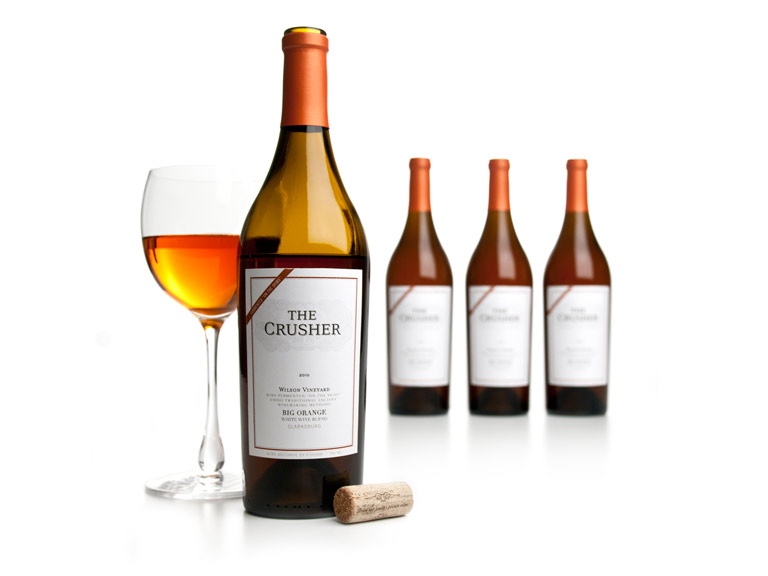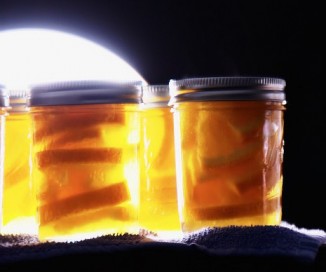 Torn between white and red wines? Orange might be the perfect happy medium–especially with Halloween parties around the corner.
Torn between white and red wines? Orange might be the perfect happy medium–especially with Halloween parties around the corner.
Orange wines are similar to white wine, but with the full-bodied, tannic taste of a red and a copper-color.
Though there are different methods, orange wines are typically made by allowing the grapes to macerate in their skins for two weeks – a technique that’s usually reserved for red wines. The process slowly breaks down skins and creates texture and color in the wine.
This is the same type of wine Julius Caesar drank, using virtually the same ancient techniques.
Skin-fermented whites were once the exclusive domain of Europeans. But recently, American vintners in California and Oregon have started experimenting with them, as well as many in Australia.
Virtually any white wine grape can be used: Pinot Gris, Sauvignon Blanc, Chardonnay, Roussanne, Malvasia, Trebbiano, and others, reports Hannah Wallace in Bon Appetit.
It is easier to purchase a bottle of orange wine in the store than to expect a restaurant to serve it tableside. Look for brands that are highly regarded, without the high acidity that can accompany orange wines gone awry. Vintage Cellars in Australia recommends the Yarra Valley “Breakfast Wine”. In their taste test, Oregon Live liked “The Prince in His Caves” from Farina Vineyards in California.
At L’Apicio in New York City, sommelier Joe Campanale always has an orange wine ready by-the-glass. It pairs well with “smoky” foods, like cured meats and cheeses.

“If you have a dish that you’d normally want to pair with a light red or a rich white, an orange wine would be a good in-between,” Campanale told Bon Apetite. “It does really well with pork.”
Completely different strains are those “orange wines” made from orange juice instead of grapes, or a sweet white wine macerated with orange peel.
Photo (top): The Crusher 2010 Wilson Vineyard Big Orange White Wine Blend
SHARE the idea for Halloween…



















